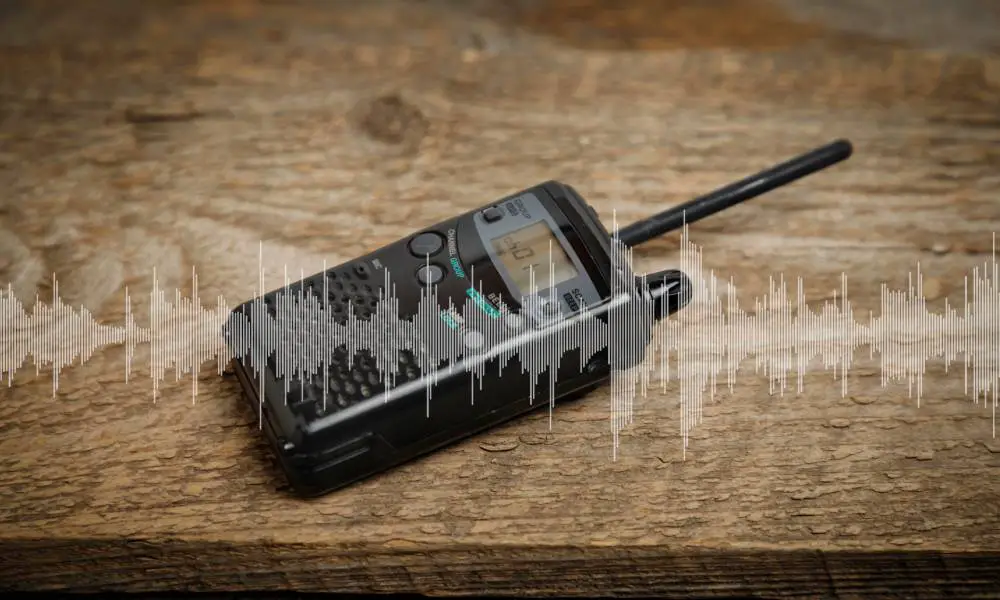

In times of crisis, reliable communication is a lifeline. Whether you’re preparing for natural disasters, power outages, or other unforeseen events, having an available supply of batteries can make a huge difference in your experience.
Keeping two-way radio batteries stocked for emergencies helps you stay connected when every second counts. Here are some valuable tips for keeping your communication tools ready for action.
Selecting the appropriate batteries for your two-way radios involves a variety of factors. First, consider the shelf life of the battery. In an emergency situation, you want a battery that can hold its charge for long periods without degradation.
You’ll also need to evaluate the charging time and method. Some batteries can be charged via solar panels or hand cranks, which can be invaluable during power outages. Finally, think about the overall costs of your investment. Buying two-way radio batteries in bulk can yield significant savings, but you must ensure the cells are reliable.
Proper maintenance of your two-way radio batteries can significantly extend their lifespan and ensure they perform when needed. Check the charge level of your batteries once a month and recharge if necessary.
Avoid exposing your batteries to extreme temperatures. High heat can cause batteries to swell and leak, while cold can reduce their capacity. In addition, consider rotating your batteries if you have multiple sets. Use older batteries first and recharge them regularly to ensure your batteries remain active and functional.
Testing your two-way radio batteries regularly will ensure they’re always in working order when needed. Performing timely checks can prevent nasty surprises during emergencies when communication is critical. Document your testing results, noting any batteries that show signs of decline.
Schedule a monthly test to verify the charge level and functionality of each battery. This routine check helps you identify any batteries that may have lost their charge or developed faults, allowing you to replace them promptly.
Disposing of old or damaged batteries properly is essential for environmental safety. Batteries contain chemicals that can harm the environment if not dealt with correctly. Avoid throwing batteries in the trash. Not only is this harmful to the environment, but it can also be illegal in some areas.
Instead, identify local recycling centers that accept batteries. Many communities offer designated drop-off points or recycling programs specifically intended for batteries. Participating in these programs allows you to dispose of your batteries safely and responsibly.
Two-way radios offer peace of mind for households. Knowing that you can stay connected with loved ones during an emergency alleviates some of the stress that comes with dealing with crises. Properly managing and maintaining your radio batteries ensures they remain a reliable part of your preparedness toolkit.
Keeping your two-way radio batteries stocked and ready for emergencies is the first step toward preparedness. By understanding how to choose, maintain, and store these batteries, you ensure that your communication devices will function correctly when you need them most.
A business can develop in many ways. One of the best ways to grow your…
American families are once again juggling the seasonal custom—and financial burden—of back-to-school shopping as the…
Want to bond over unexpected activities? Look at these unconventional ways to connect with your…
Burnout isn’t just something that happens to CEOs. For moms homeschooling littles, it’s a very…
When it comes to long-distance motorcycling, comfort, reliability, and smart engineering can make or break…
Flowers have seen significant transformation over time; online flower shopping is increasingly common now for…